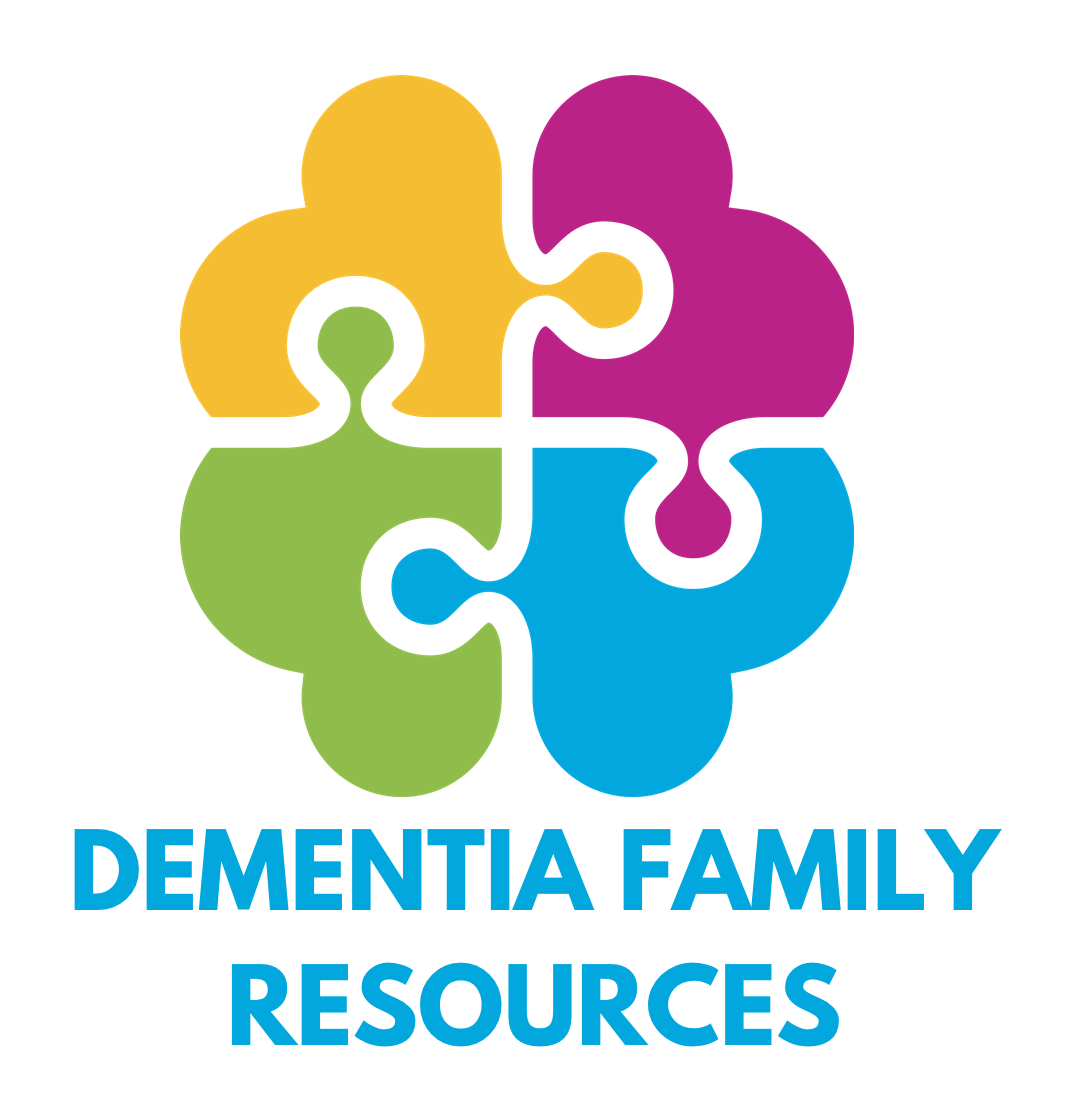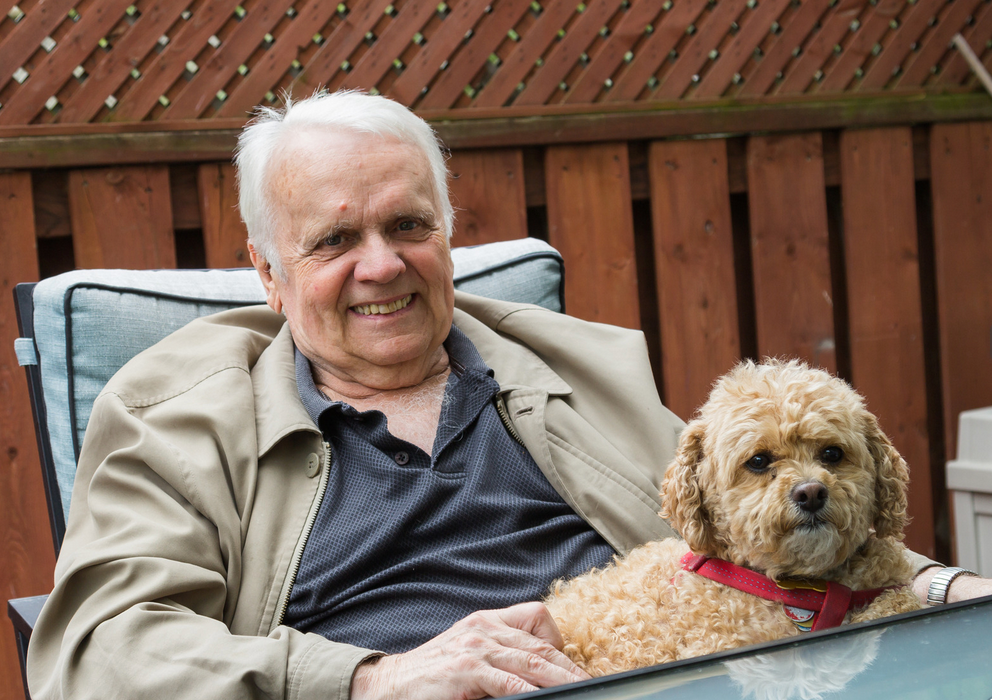
Contact Us
We will get back to you as soon as possible
Please try again later
Explaining Dementia to Children: A Compassionate Approach
This is a special but delicate time for kids

Dementia is a challenging and often heartbreaking condition that affects millions of individuals worldwide, including our loved ones. When a family member or close friend is diagnosed with dementia, it can be a confusing and emotional experience for adults, let alone children. However, it's crucial to include children in these conversations to help them understand and cope with the changes they will witness in their loved one's behavior. In this article, we will explore some compassionate ways to explain dementia to children.
Choose Age-Appropriate Language
The first step in explaining dementia to children is using language and concepts that are suitable for their age and comprehension level. Tailor your explanations to their understanding, avoiding medical jargon or complex terms. Use simple, clear language, and be prepared to answer their questions patiently.
Emphasize That It's Not Their Fault
Children may feel responsible for a loved one's condition or believe that they did something wrong to cause it. Reassure them that dementia is not anyone's fault, and it is not something they could have prevented or caused. This will help alleviate any unnecessary guilt or anxiety.
Focus on the Person, Not the Disease
Encourage children to remember their loved one as the person they have always known and loved, rather than solely as a dementia patient. Share stories and memories to help the child connect with the individual behind the illness. This humanizes the situation and promotes empathy.
Use Metaphors and Analogies
Metaphors and analogies can be helpful tools when explaining dementia to children. For instance, you might compare the brain to a library where some books are becoming harder to read or find. This can make it easier for children to grasp the concept of memory loss without delving into complex neurological explanations.
Highlight How They Can Help
Empower children by explaining how they can support their loved one with dementia. Encourage them to be patient, kind, and understanding, just as they would be with a friend who needs help. Let them know that their love and companionship can make a significant difference in their loved one's life.
Be Honest About Changes
Dementia can bring about changes in behavior and personality that may be difficult for children to understand. Be honest about these changes, explaining that they are a result of the illness and not a reflection of their loved one's true character. Emphasize that the person is still the same underneath.
Prepare for Future Changes
Dementia is a progressive condition, and it's important to prepare children for the possibility of further changes in their loved one's abilities and behavior. Explain that these changes may be challenging but that you will navigate them together as a family.
Encourage Open Communication
Create a safe space for children to ask questions and express their feelings about the situation. Let them know that it's okay to feel sad, confused, or frustrated. Listen actively, validate their emotions, and offer reassurance.
Seek Support
Consider involving a professional, such as a counselor or therapist, who specializes in helping children cope with family members' dementia. They can provide additional guidance and support tailored to your child's specific needs.
Explaining dementia to children is a sensitive and essential process that can help them better understand and navigate the changes they will witness in their loved one. By using age-appropriate language, emphasizing empathy, and maintaining open communication, you can ensure that children feel informed and supported throughout their journey alongside their family member with dementia. Ultimately, teaching children about dementia can lead to greater compassion, patience, and resilience in the face of this challenging condition.









